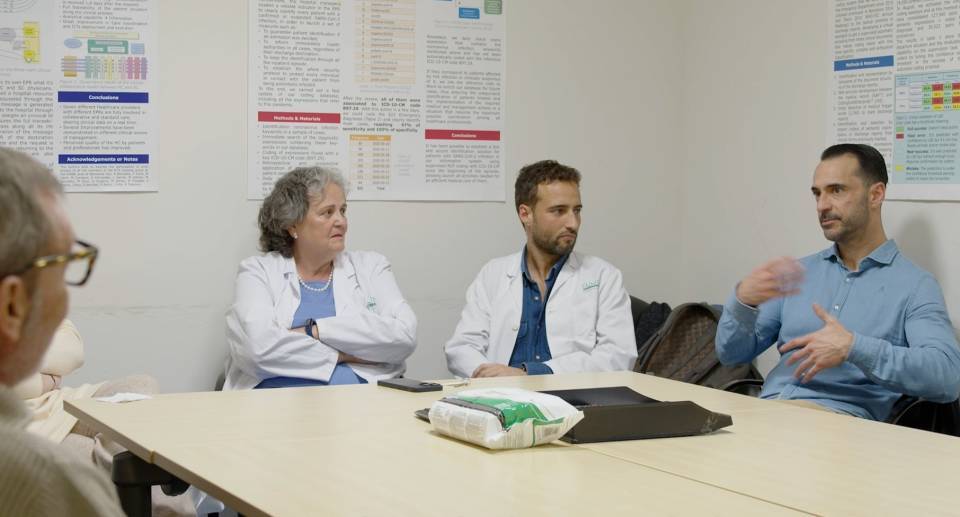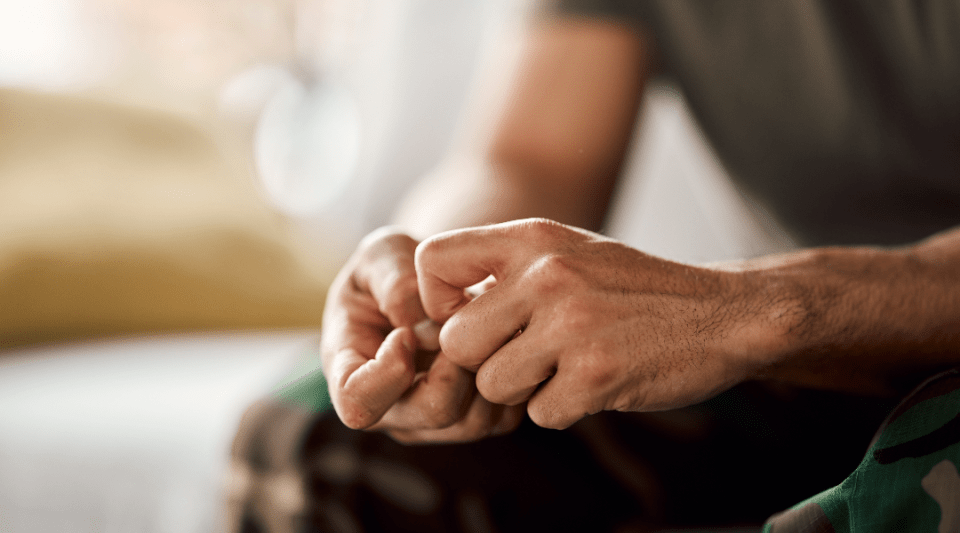Substantiated information by:

Antoni Gual Solé
Head of the Addictive Behavior Unit

Clara Oliveras Salvà

Hugo López Pelayo

Magalí Andreu
Psychologist
Addictive Behaviours Unit

Mireia Graell Gabriel

Pablo Barrio Giménez

Silvia Mondón
Psychiatrist
Addictive Behaviours Unit
Published: 16 September 2019
Updated: 16 September 2019
The donations that can be done through this webpage are exclusively for the benefit of Hospital Clínic of Barcelona through Fundació Clínic per a la Recerca Biomèdica and not for BBVA Foundation, entity that collaborates with the project of PortalClínic.
Subscribe
Receive the latest updates related to this content.
Thank you for subscribing!
If this is the first time you subscribe you will receive a confirmation email, check your inbox
An error occurred and we were unable to send your data, please try again later.

















